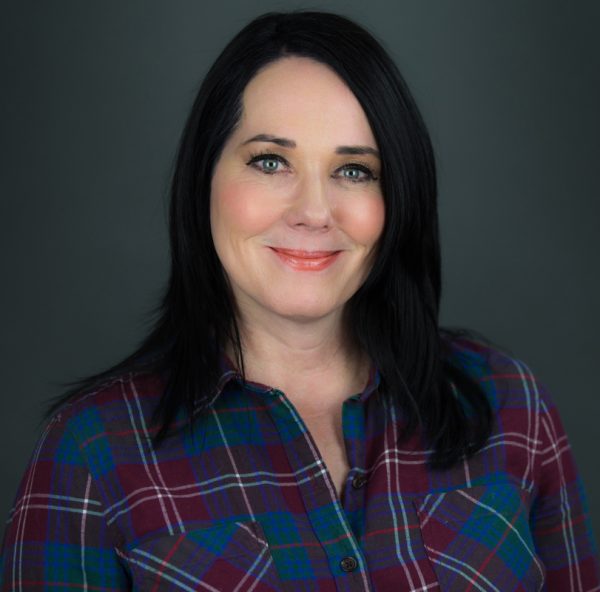TORONTO, May 4, 2016 – Having students role play characters in a multi-player, online science fiction game is one way to increase their critical thinking skills. That’s the idea behind a new course starting May 9 at York University that has students choosing their own game adventure.
The first-year course – Reasoning about Morality and Values: Critical Thinking Skills for Everyday Life – is offered either fully online or a blended version (part online and part in-class). York U instructor Cael Cohen was inspired to change the way students learn by some of the massively multi-player online role playing games (MMORPGs), such as War Craft, Starcraft and Dungeons and Dragons.
“The idea is to improve the student experience, promote deep learning and educate for social change. It is all about learning collaboratively to save Earth. The entire course is a role playing, sci-fiction game with a back story in science fiction lore,” said Cohen. An award-winning teacher, she designed some of the course’s video games with several students using Twine, an open-source tool for telling interactive, nonlinear stories.

Cael Cohen. Photo by Quinn Corkal, Quinn Aden Photography, Toronto.
“I play an alien, Criticare, from the planet Propagandus who takes human form in the game to help lead and guide the students through special operations training. The idea is to save the world from the Propagandans, who have infiltrated positions of power in society and are brainwashing humans,” she said. “The students are resistance rebels who gather at Command Centre disguised as the Moodle course site.”
Working in Guild Platoons, students will earn experience points, reputation points, skill points, status as critical thinkers, and digital badges and trophies. Each week they will play various games and complete multi-level learning quests on their own and as part of a guild to learn the necessary skills to save Earth. The majority of the games are played in Top Hat’s interactive teaching platform, allowing students the ease of playing these games on their cell phones and tablets. Top Hat’s Brennen Green, senior products specialist, and Chief Academic Officer and co-founder Mohsen Shahini, worked closely with Cohen to ensure effective game mechanics.
“Students will learn how to think for themselves from the ground up,” said Cohen.
The course will teach critical skills, practices, techniques, attitudes and principles that students can use in their everyday lives to evaluate how they and others think about morality and values. Students will also learn how to approach ethical disagreements and controversial moral issues, and to critically assess ethical beliefs, arguments and concepts based on relevant and sufficient grounds, rather than passive acceptance.
About 150 students are already enrolled in the course with another 50 enrolled in a blended version. The deep learning model helps students relate to the material being taught; often it’s to something in their own lives. It goes beyond just memorizing facts.
The students will be required to look for patterns and underlying principles, check evidence and relate it to conclusions, examine logic and argument cautiously and critically. “They are aware of the understanding that develops while learning and they become actively interested in the course content,” said Cohen.
York University has always been known for championing new ways of thinking that drive teaching and research excellence. Our 52,000 students receive the education they need to create big ideas that make an impact on the world. Meaningful and sometimes unexpected careers result from cross-discipline programming, innovative course design and diverse experiential learning opportunities. York students and our 283,000 alumni worldwide push limits, achieve goals and find solutions to the world’s most pressing social challenges, empowered by a strong community that opens minds. York U is an internationally recognized research university – our 11 faculties and 25 research centres have partnerships with 200+ leading universities worldwide.
Media Contact:
Sandra McLean, York University, 416-736-2100 ext. 22097, sandramc@yorku.ca

